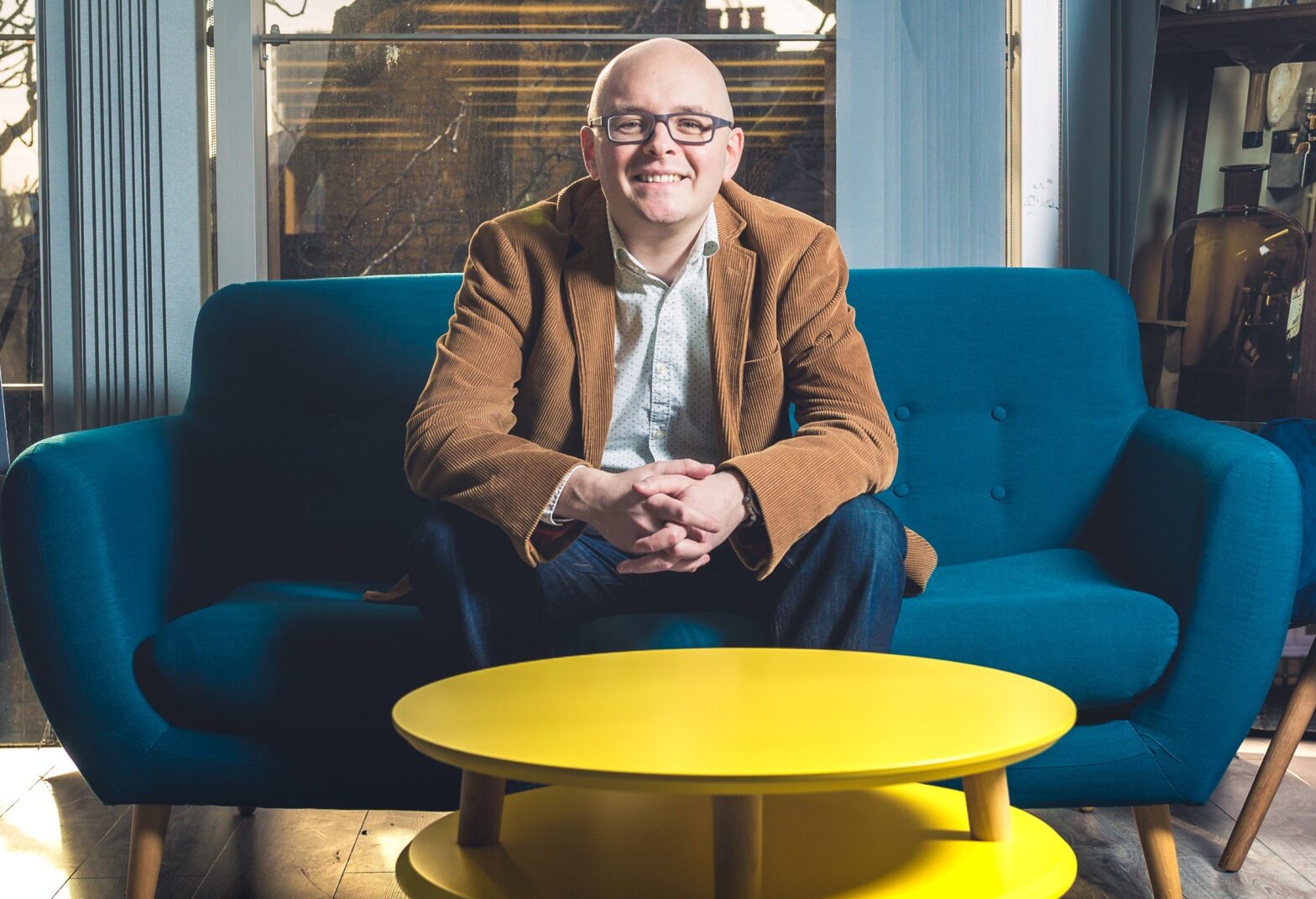A significant amount of UK challenger banks have been on a funding bull run over the last few years with more and more customers attracted to their seamless apps, lack of fees and budgeting tools. Here, George Bevis, founder of Tide, which is growing rapidly, explains how he got into running a bank and what the app does for business owners.
What are the details of the company,when was it founded and why?
Tide is the UK’s only digital banking service focussed exclusively on small businesses. And since launching in January 2017, we’ve acquired almost 40,000 of them. In fact, 9 per cent of all new business current accounts were being opened with Tide less than a year after launch, making us the fastest-growing B2B fintech in the UK ever.
Small businesses have a rough ride: it can take weeks to open a bank account, credit is hard to come by, and fees are high. Moreover, the average small business spends over four hours a week just on financial admin. At a time when productivity is a real problem, their time is being wasted needlessly by old banks and legacy systems and processes.
With Tide, it takes less than five minutes to get an active sort code and account number, credit approval is instant, and invoicing and expenses management are automated.
We’re reducing or removing entirely this money admin. And in doing so, we’re saving SMEs time and money, helping them focus on their businesses, so increasing productivity as well as driving entrepreneurship.
As our promise says: Do less banking!
What is the background of the founder and what’s the company vision?
I’m a reformed banker turned entrepreneur, but I’ve always been passionate about small businesses.
I respect the value they bring to the UK, not just in terms of economic impact, but also their creativity, diversity, and effect on the community around them. They also get a particularly hard time from their banks.
I know this first-hand having run several small businesses – including an internet incubator and an e-commerce re-selling platform – as well as writing a report on the sector for the Labour party in 2012.
I’ve also learned from my experiences in finance: I worked as product director at Zopa, business strategy director and digital products director at Barclaycard, head of innovation at RBS, and started my career at Capital One.
I started Tide to help remove the burden of financial admin for businesses, and give them a far better service and experience than current banks do – so that they can get back to doing what they love. We’re aiming to have 50 million business customers around the world by 2026.
- Fintech is the cure to age-old business problems that plague SMEs
- Analysis: Fintech disruption should inspire us all
- 20 fintechs make the cut for £5m prize fund
How much initial investment did the company need to start and where did it come from?
Tide is backed by some of Europe’s most notable founders and investors. Our first investors included notable entrepreneurs such as William Reeve (Lovefilm) Alex Chesterman (Zoopla Property Group), Greg Marsh (One Fine Stay) and Ian Hogarth (Songkick).
We’ve since raised over $15 million from leading venture capital funds (Localglobe, Passion, Creandum and Anthemis).
What marketing did the company employ to maximise exposure?
We had a period where we increased spending significantly and tested a variety of online and offline channels alongside strategic partnerships.
From this, we learned a lot that we can now build on. During this time, we managed to land one in 12 of all new business current accounts in the UK. To have this kind of market share in a company’s first year is extremely rare.
Talk about the company’s growth trajectory, from being founded to establishing revenue, to covering costs, to moving into profit.
Since launch in January 2017, Tide has acquired nearly 40,000 small business customers, and we surpassed £1 billion of transactions in March.
In fact, less than a year after launching, one in 12 of all new business current accounts in the UK were being opened with Tide, giving us 9 per cent market share and making us one of the fastest-growing B2B fintechs in the UK, ever.
Staff count has also grown from 16 to 88 in London and Sofia.
How important is an inspirational figurehead to a scale-up company?
I think it’s important for a founder to champion the vision of the company, and to ensure that the right values and work practices are upheld. A start-up and its employees need this, not just for direction, but also to keep them inspired.
What specific advice would you give to scale-up companies looking to build their company to exit?
Have a reason for being and articulate it in a way that resonates with people. For your customers, it’s why they should want to use you. For your investors, it’s why you can bring them commercial success. The business story needs to ring true, both in the head and the heart – and you need to tell it consistently.
Find out more: Tide






